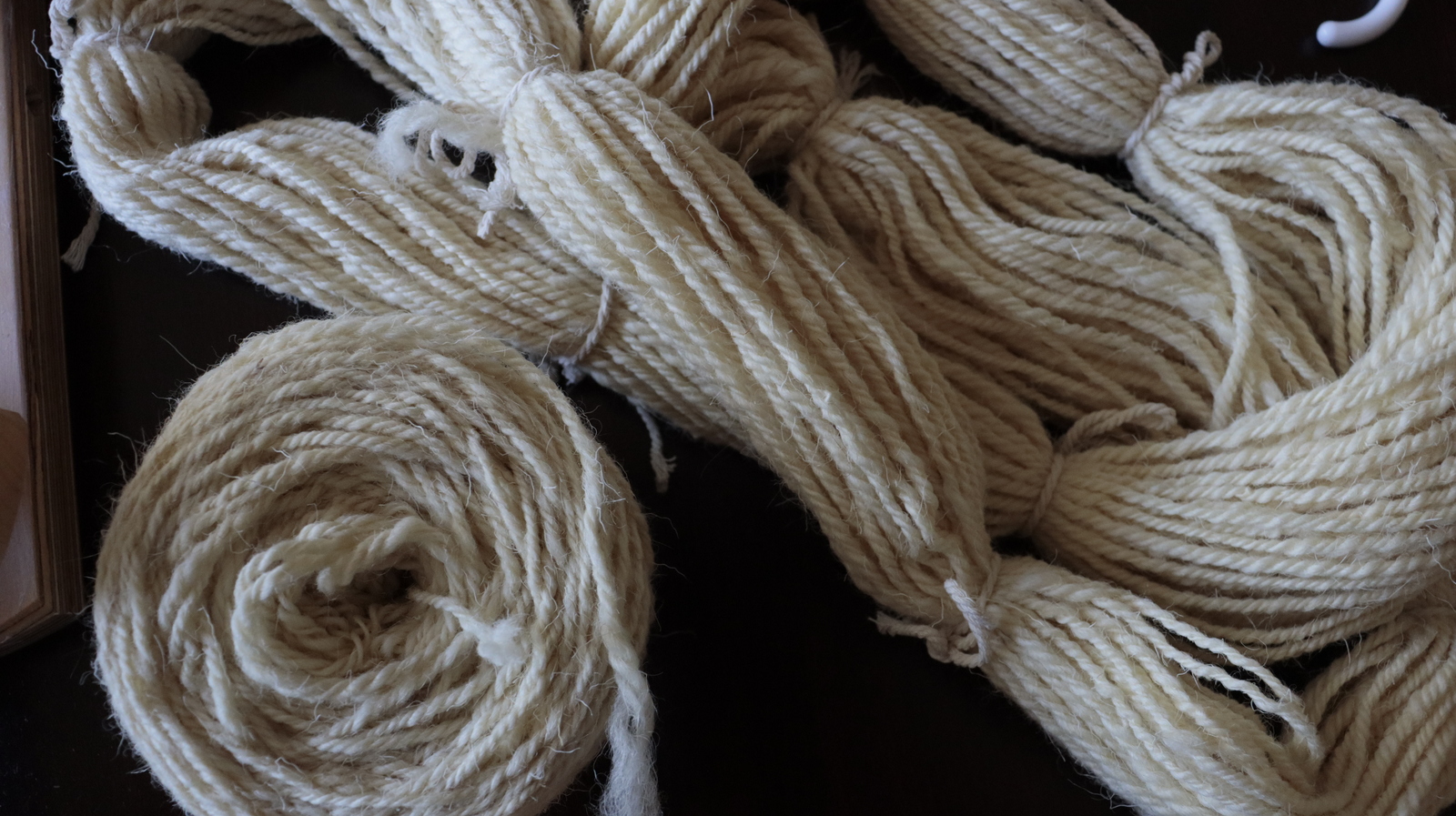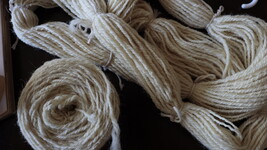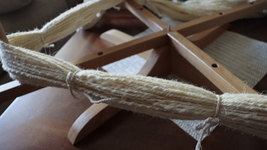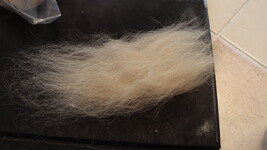Rendered at 18:20:39 11/09/25
Moby Dick - Rough, springy, pliant white yarn
Los buques de
United States

Share & earn! Sign in, share this or any listing, and you’ll get commission when it sells.
Learn more
Las opciones de envío
Estimado para llegar por Wed, Dec 3rd.
Detalles
Calculado por FedEx en MX.
Los buques de
United States

Política de oferta
OBO - El vendedor acepta ofertas en este artículo.
Detalles
La política de devoluciones
Protección de compra
Opciones de pago
PayPal accepted
PayPal Credit accepted
Venmo accepted
PayPal, MasterCard, Visa, Discover, and American Express accepted
Maestro accepted
Amazon Pay accepted
Nuvei accepted
Las opciones de envío
Estimado para llegar por Wed, Dec 3rd.
Detalles
Calculado por FedEx en MX.
Los buques de
United States

Política de oferta
OBO - El vendedor acepta ofertas en este artículo.
Detalles
La política de devoluciones
Protección de compra
Opciones de pago
PayPal accepted
PayPal Credit accepted
Venmo accepted
PayPal, MasterCard, Visa, Discover, and American Express accepted
Maestro accepted
Amazon Pay accepted
Nuvei accepted
Rasgos del artículo
| Categoría: | |
|---|---|
| cantidad disponible: |
Sólo uno en stock, para muy pronto |
| Condition: |
New |
| Brand: |
Homemade |
| Color: |
Ivory |
| Material: |
Wool |
| Weight: |
3 - DK/Light Worsted |
| Style: |
Handspun |
| Country/Region of Manufacture: |
United States |
| Fiber Content: |
Wool |
| Unit of Sale: |
Unit |
| Suitable For: |
Blankets/Throws |
| Shape: |
Ball |
| Handmade: |
Yes |
| Product Line: |
Homespun |
| Type: |
Art yarn |
| UPC: |
Does not apply |
Detalles del anuncio
| Las políticas del vendedor: | |
|---|---|
| Envío de descuento: |
Envío gratis para pedidos superiores a $100.00 |
| Precio de descuento: |
30% De descuento w / $250.00 pasó |
| Publicado en venta: |
Más de una semana |
| Artículo número: |
1768028121 |
Descripción del Artículo
The rugged Welsh Mountain sheep – aka the Defaid for any Welshmen among us— is a heritage breed that has existed for centuries, and the genetics can be traced all the way to Scandinavia. In that time, Monks and Laymen alike kept these sheep, bring them down from the hills at lambing time and for shearing. And while they were mostly white, there were always a few black sheep mixed in.
This changed when Gregor Mendel discovered the fundamental laws of inheritance during 1850-1860, establishing some of the basic ideas of how dominant and recessive traits were passed on. Soon articles were being written and lectures were being presented to societies on how to selectively breed for more sheep with the white wool that was so desired by the cloth manufacturing industry. Shepherds began to apply this newly discovered scientific idea to their flocks so as to gradually weed out sheep with unwanted colorations or other traits. And so the Welsh Mountain white became its own creature, and the black nearly vanished.
Nearly.
Soft, pliable, and rich in color, this yarn is something I’m quite happy with. For technical people this was spun double drive instead of scotch tension - meaning it may handle a bit differently than something spun scotch. If you're buying for a project, you probably want to make sure you don't mix scotch tension and double drive yarn. Individually, my test audience doesn't notice a difference when using one at a time so you might be fine. Just stick to the same weight and ply count.
This is sold in balls of about 115 yards. Talk to me before sale for more exact numbers. I strive to fill these orders with the precise amount you request.
Why is it called Moby Dick? because I was running out of ideas. And the White Mountain Sheep from Wales is also called Welsh White. Or white, wales. Ergo, white whale. May be subject to change if I come up with a better name.
I begin by pulling the roving from the bag - that's a fancy term for spinnable wool- and set up at my Ashford Traveler wheel. After a few hours, there's quite a bit of single spin up nicely. But the work doesn't stop there - I then have to wind it off onto another bobbin and get ready for the next step.
Plying.
Plying is the process of finishing the yarn so that it will be hard to unravel, and so that it will not twist anything kit or woven out of it into spiral shapes. To ply this I set up the three filled bobbins on the Lazy Kate next to my feet, and feed the ends into the wheel once more, just like when I sit to spin. But now the wheel is turning the opposite way, so the energy built up in the fibers will hook the three singles together. The step between spinning and plying, wind-off, is critical. Yarn plied in reverse - which is to say, from the end I stopped at - will misbehave more while plying, and as it's worked later. It may also have thick or thin spots. Wind-off is the process of transferring all that mass of yarn onto another bobbin, so that the end I began spinning it from will be the end on the outside, the one I feed into the wheel to begin the ply. In the process of winding off, over-energized spots relax and slack spots take up the extra, so the yarn is smoother all around.
Once it’s plied, I transfer it into a skein, tie up that skein, and soak it in boiling water for ten minutes to set the twist in place. I then hang it somewhere with a weight at the bottom and let it dry. A few days later, I wind it into a ball, measure the yards, and consider it ready for sale or use.
A whole day can be spent doing nothing but this and pausing to eat. With my yarn, you know you’ve got something professionally made, with care in every step.
This item is posted and managed courtesy of Bonanza
Added to your wish list!
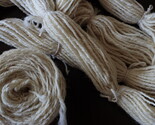
- Moby Dick - Rough, springy, pliant white yarn
- 1 in stock
- Price negotiable
- Handling time 2 day. Estimated delivery: Wed, Dec 3rd
Get an item reminder
We'll email you a link to your item now and follow up with a single reminder (if you'd like one). That's it! No spam, no hassle.
Already have an account?
Log in and add this item to your wish list.


